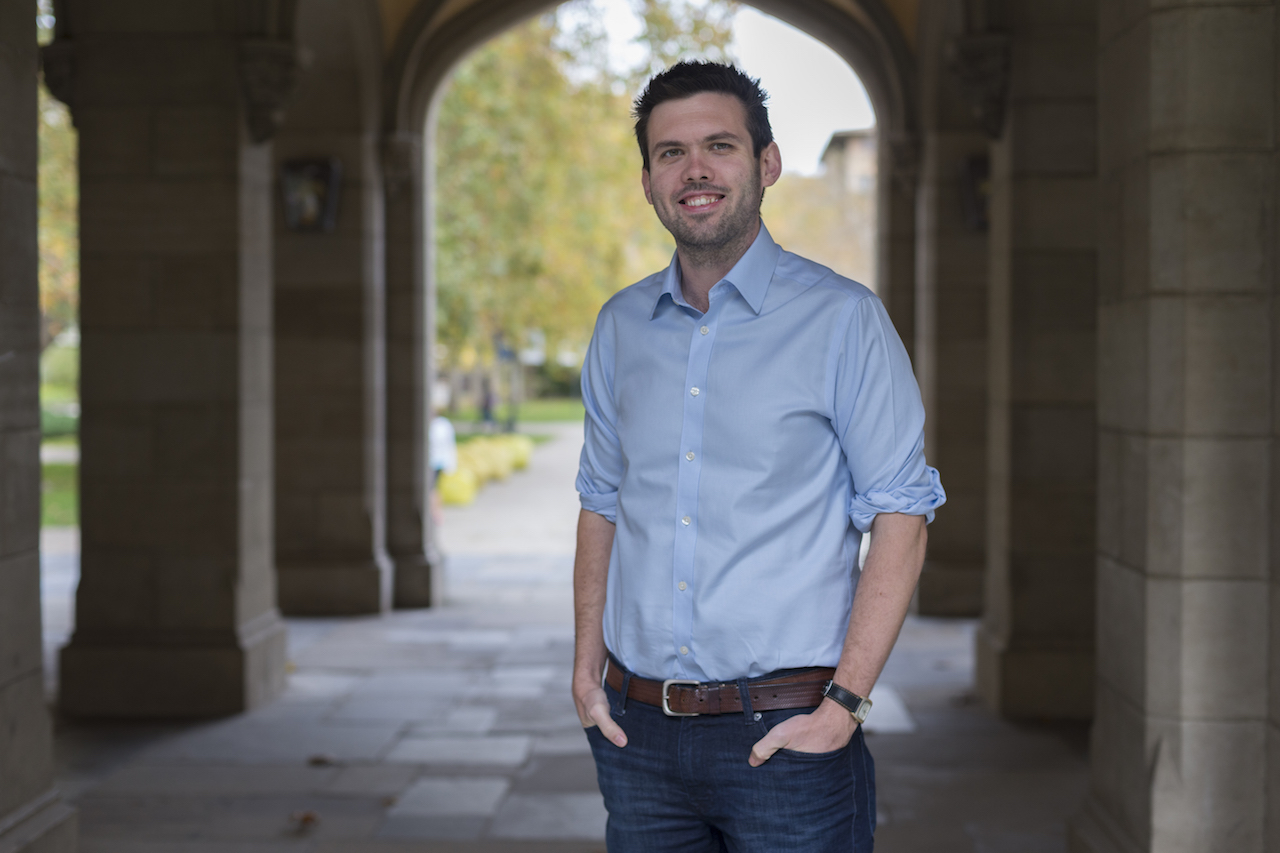When it comes to tax, Australians want a fair go

A recent public interactive learning lab at Melbourne School of Government showed Australians want tax reform
Published 13 July 2016
Australia requires more stringent corporate tax enforcement, larger taxes on big inheritances and an end to negative gearing. These recommendations to politicians were the result of a recent Melbourne School of Government ‘public interactive learning lab’ which brought together community members and university experts from diverse fields to tackle the issue of tax.
At the end of a combative election season - where tax was front and centre, how is the Australian public supposed to assess what these changes really mean, either at a personal level or at a national level?
The discussion tackled this question from unique angles, with members of the public voting on the most pertinent tax issues and suggesting policy reforms. Their suggestions incorporated views from a behavioural economist, a criminologist and historical philosopher (there has to be a joke in there somewhere!).
Tax is consistently a hot button election issue, but it is also one about which public understanding tends to be limited. At a national level, how does the government determine the amount of tax that is both appropriate and bearable? What should be taxed? Our labour? Our savings? Our consumption? Our resources? And why do some (wealthy) people pay almost no tax while those of us with fewer resources seem to have our income tax much more rigidly policed?
At a much more personal level, are changes to negative gearing good or bad? And for whom? Is it fair that Australians pay tax on income as well as on their consumption – do these taxes affect people’s life choices or just their wallets? If petrol tax changes, for example, will that change the amount of money available to aged care?

Taking the moral approach, historical philosopher Dr Daniel Halliday suggested that the justice of taxation is the issue at the heart of all tax debates. He asked whether is it acceptable to be heavily taxed for our labours while others are not taxed so heavily on resource ownership that creates wealth without labour (e.g. investment properties). Dr Halliday suggests that inequality is exacerbated through this means of taxation as “we can’t all have passive income”—money that comes primarily from inheritance or long-term savings, not of our own making. Those of us without passive income have to work harder and longer to pay the rent. So, does taxing effort or labour de-incentivise people to work?”
Petrol tax seems fairer – everyone who drives pays. The further you drive the more you pay. But Dr Leslie Martin of the Department of Economics pointed that while this is true, the tax that we pay on petrol is also not necessarily fair or equitable. For example, petrol tax does not necessarily cover the social costs of having a lot of cars on the road. Dr Martin also argued that the burgeoning use of electric vehicles will reduce petrol tax income while maintaining current levels of congestion and traffic accidents – the impacts of which are currently costed into petrol tax.
All of these questions come down to how we structure our tax regulation. According to criminologist, Professor Fiona Haines, Australian tax law has a notoriously complicated regulatory structure that allows large corporations – leveraging expensive legal services and assiduous accountancy skills – to exploit tax loopholes to become legal tax avoiders, not tax evaders.

Most of us lack the resources to achieve such “efficient” tax structures, leading to unequal treatment of entities and individuals under tax law. One attendee’s lament over Australia’s tax regulation summed up this inequality: “How is it that I worked for one of the world’s largest companies who paid basically no tax last year, but I was personally taxed 40 per cent?!”
For policy makers, tax equality is particularly challenging because it is the very complexity of tax law that facilitates big corporations to get around it.
“Trying to get people to pay their fair share of tax through the use of law is like trying to drown a fish in water,” Professor Haines explained.
Audience members also raised concerns about technology making tax avoidance, or even evasion, easier for a larger group of income earners. Will these problems divert government resources towards policing digital tax evasion, rather than ensuring that high income earners are legally obliged to pay tax? The audience also suggested that simplifying tax law and bringing it up to date with new business models are essential.
Ultimately, government must be encouraged to focus on reducing inefficiencies by determining the optimal level at which items can be taxed, without compromising consumption, according to Dr Martin. In reality, at least in the case of inelastic items like petrol – those items which we will likely continue to buy at similar rates, regardless of price – there is significant inequality. Studies from the United States, for example, show that regardless of income level, consumers spend approximately the same amount of their incomes on petrol, even when prices are raised. For those on larger salaries, this proportion is easier to maintain. But for those on lower incomes, maintaining the same consumption levels requires trade-offs that reduce spending on other items.
And so tax, and what we do about it, quickly becomes an issue of social equality, inclusion and fairness. Perhaps, then, the message to our politicians is this: When it comes to tax, most Australians just want a fair go.
